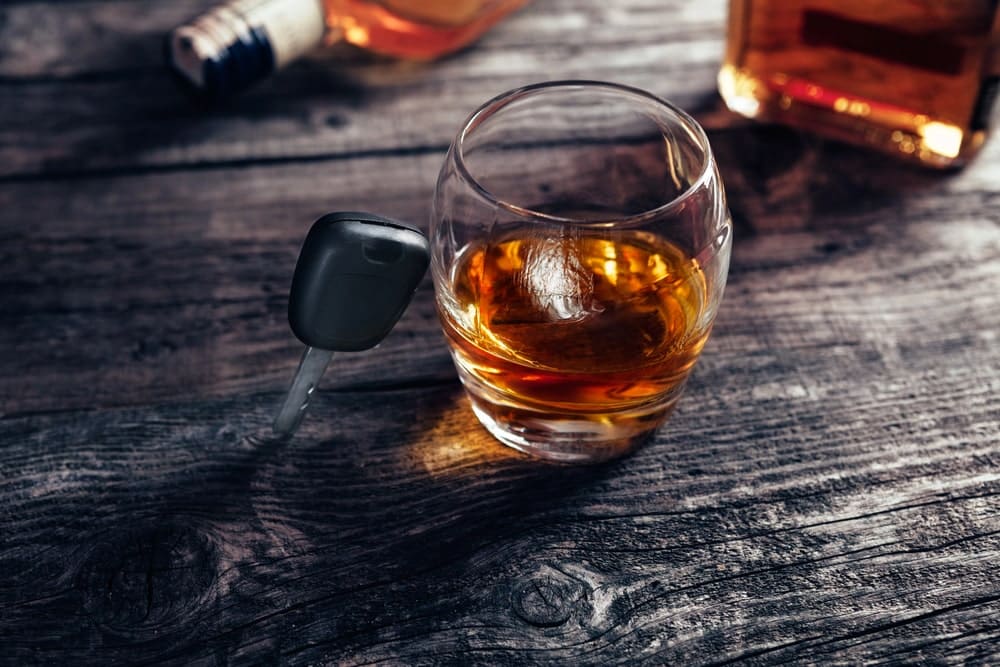Defending against OUI offenses in Southern Maine
Anyone charged with a 2nd OUI in Maine should expect little leniency from the criminal justice system.
This makes it even more important to challenge the charges and avoid a conviction. Educating yourself about what constitutes a second OUI in Maine and the potential OUI penalties for the offense is the first step.
Here’s what you need to know.
Call 207-571-8146 or contact us online to schedule a consult with one of our highly skilled criminal defense & OUI lawyers, serving Southern Maine, today.
Table of Contents
2nd OUI in Maine
OUI charges can be filed against anyone suspected of operating a motor vehicle while:
- Under the influence of alcohol or a controlled substance, including drugs or prescription medications.
- Having an alcohol level of 0.08 grams or more of alcohol per 100 milliliters of blood or 210 liters of breath (the legal limit).
A second-time OUI offense is committed when an individual either has a DUI conviction or a DUI-related offense within Maine or any other U.S. state within the last 10 years. This includes refusals to take a chemical test.
The prior OUI essentially “aggravates” the pending charge, making the second charge even more serious than the first.
2nd OUI Penalties in Maine
For a second OUI offense, the penalties become more severe. These OUI penalties can come in the form of higher fines, a longer driver suspension, and mandatory jail time.
With first-time OUIs, there is a recognition that people make honest mistakes. Often, an experienced OUI lawyer can plead a case for leniency if the case cannot be dismissed.
A second OUI, however, indicates to the authorities a pattern of errant behavior from an individual who has not been deterred. The Maine criminal justice system views this extremely dimly, with the prosecutor far less likely to negotiate.
Here’s a summary of the potential mandatory penalties you could face for a second OUI in Maine:
- A mandatory fine of $700 (plus fees and surcharges)
- A mandatory license suspension of three years ordered by the court
- A mandatory jail sentence of seven days
- A court-ordered suspension of the person’s right to register a motor vehicle
A second OUI charge (if nobody was injured in the OUI incident) is considered a Class D misdemeanor. In some cases, the mandatory seven-day jail sentence can be served in the Second Offender Alternative Sentencing Program with community service for a week supervised by the county jail.
If an injury is caused by a driver found to be operating the vehicle while intoxicated, penalties escalate significantly, possibly including several years in prison and revocation of the driver’s license for life.
Penalties for third and fourth OUI offenses are even more serious than those for a second OUI conviction.
Penalties for a 2nd chemical test refusal
In Maine, the “implied consent” law means that refusing to submit to a chemical test is also a criminal offense. Provided the request is from an authorized law enforcement official with probable cause, offenders can face harsher penalties than with a straightforward OUI.
The chemical test can be a breath, blood, or urine test. Second-time refusal offenses attract the following penalties:
- Mandatory jail sentence of 12 days
- Mandatory minimum fine of $900 fine
- Mandatory court-imposed three-year driving suspension, plus an 18-month administrative suspension from the Maine Bureau of Motor Vehicles (BMV)
The administrative license suspension begins immediately upon refusal to take a chemical test.
Call 207-571-8146 or contact us online to schedule a consult with one of our highly skilled criminal defense & OUI lawyers, serving Southern Maine, today.
Driving consequences of a 2nd OUI in Maine
With a second OUI, the BMV can suspend your driver’s license simply from a police report—no court processes are required.
However, you can request an administrative hearing at the BMV to challenge the suspension. This is generally advisable as it will at least postpone the license suspension until after the hearing.
At the administrative hearing, an OUI attorney can plead your case and, if successful, the administrative suspension will be withdrawn. However, you could still face a court-ordered license suspension of three years for a conviction for a second offense OUI.
A suspension for a second OUI will not include a right to a work-restricted license. However, under certain circumstances, you may be able to drive before the end of the three-year suspension period.
Notably, after serving nine months of the suspension, drivers can often drive with an Ignition Interlock Device (IID) fitted in their vehicles. This is an in-vehicle breathalyzer device that will only allow the engine to start if the driver registers a zero reading.
The Maine DEEP program
Maine’s DEEP program is a weekend-long substance abuse evaluation program, which all OUI offenders must attend before being eligible to join the ignition interlock device program or having their license reinstated.
For second-time OUI offenders, the DEEP office will evaluate the offender and may recommend additional one-on-one substance abuse counseling.
What if you’re charged with a 2nd OUI but live outside Maine?
For non-Maine residents who are charged with a second offense OUI while on vacation or working in Maine, the same penalties apply as for Maine residents.
The defense offered by an OUI lawyer is also likely to be the same, but non-residents are less likely to be able to attend court in person. Even if the individual does not attend the arraignment, attendance would be mandatory at a trial.
When it comes to license suspensions for non-residents of Maine, the BMV will suspend the license, but the home state may not apply any suspension until notified by the BMV of a suspension or an OUI conviction. In most cases, to escape a suspension, fighting the BMV suspension and pursuing a case dismissal or not-guilty verdict is recommended.
How can a Maine OUI lawyer help you?
Appointing an experienced OUI lawyer with intimate knowledge of the OUI laws and judicial system in Maine, and who is persuasive toward prosecutors and judges, can prevent the severe consequences of a second OUI.
Your defense may be constructed around any of the following:
- No reasonable suspicion to stop you
- No probable cause to breathalyze you
- Improperly executed sobriety tests
- No certification for the police officer to use the breathalyzer
- Improper calibration of the breathalyzer
- Improperly executed breathalyzer or blood test
For second OUI charges, an experienced OUI lawyer will also investigate the prior conviction to see if there are any constitutional issues with it. Your lawyer may also call on expert witnesses to support your case or recommend that you enroll in alcohol or substance abuse treatment to improve your legal position.
For experienced legal help with any OUI charge, call the Maine Criminal Defense Group at 207-571-8146 for an initial case evaluation.
Call 207-571-8146 or contact us online to schedule a consult with one of our highly skilled criminal defense & OUI lawyers, serving Southern Maine, today.
OUI Blog Articles

January 11th, 2025, in Skowhegan, Maine, a Maine Department of Transportation plow truck sustained a head-on collision caused by a drunk driver on Route 2, as reported by law enforcement.[...]
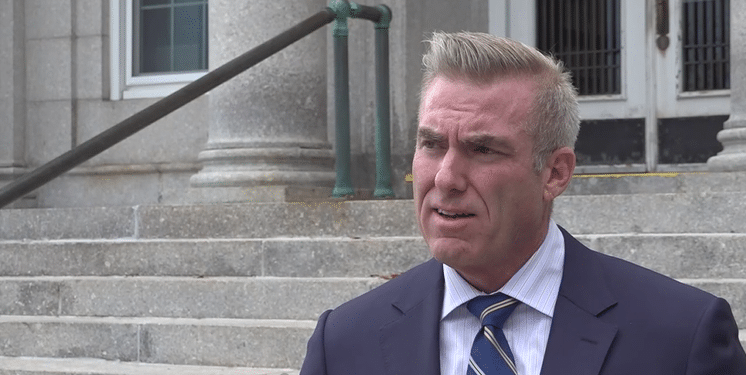
The tragic events of a fatal car crash in 2023 that claimed the lives of four young people have finally reached a pivotal legal outcome. Noelle Tavares, a former Maine[...]

In most states, there are many different places that the average person can take a driving course to satisfy court requirements as related to an DUI conviction. However, in the[...]
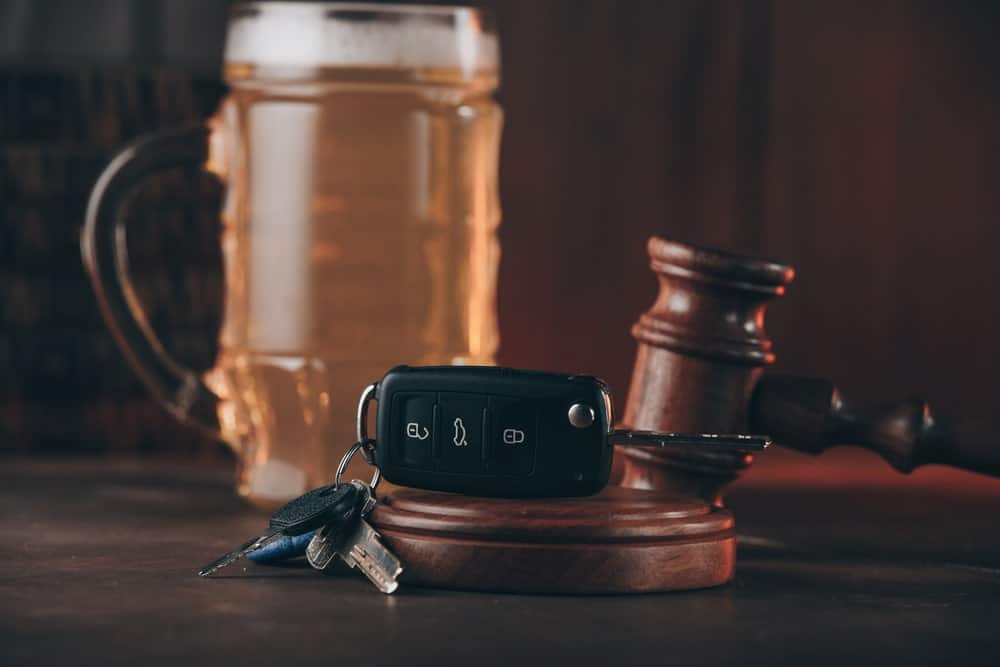
Defending against OUI Refusals in Southern Maine Did you know that it is a criminal offense to refuse to submit to a chemical test if lawfully requested to do so[...]
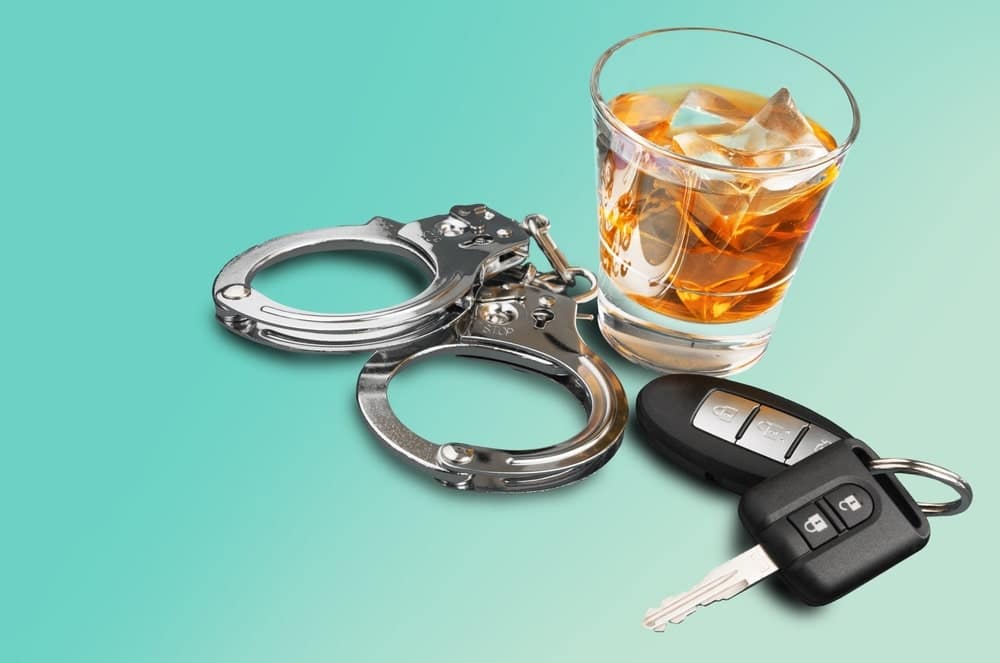
Reducing an OUI charge in Maine OUI charges are handled severely in Maine. For many people, a drunk-driving charge is their first time dealing with the criminal justice system and,[...]

Alcohol laws of Maine While you should be aware of the strict OUI laws in Maine, it’s also important to know about other ways you can face a traffic infraction[...]

Defending against OUI offenses in Southern Maine A first OUI in Maine can potentially have long-term consequences, but with the right legal representation, alleged offenders can escape the harshest penalties.[...]
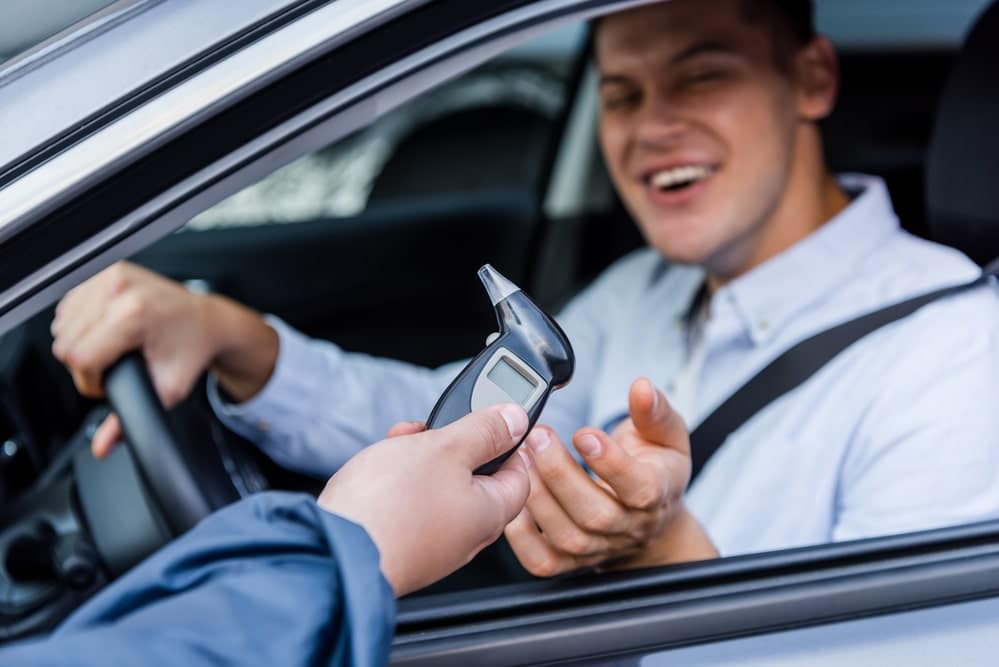
If you blow under .08 in a DUI breath test in Maine, it may be jumping the gun to breathe a huge sigh of relief. You may not be “free[...]
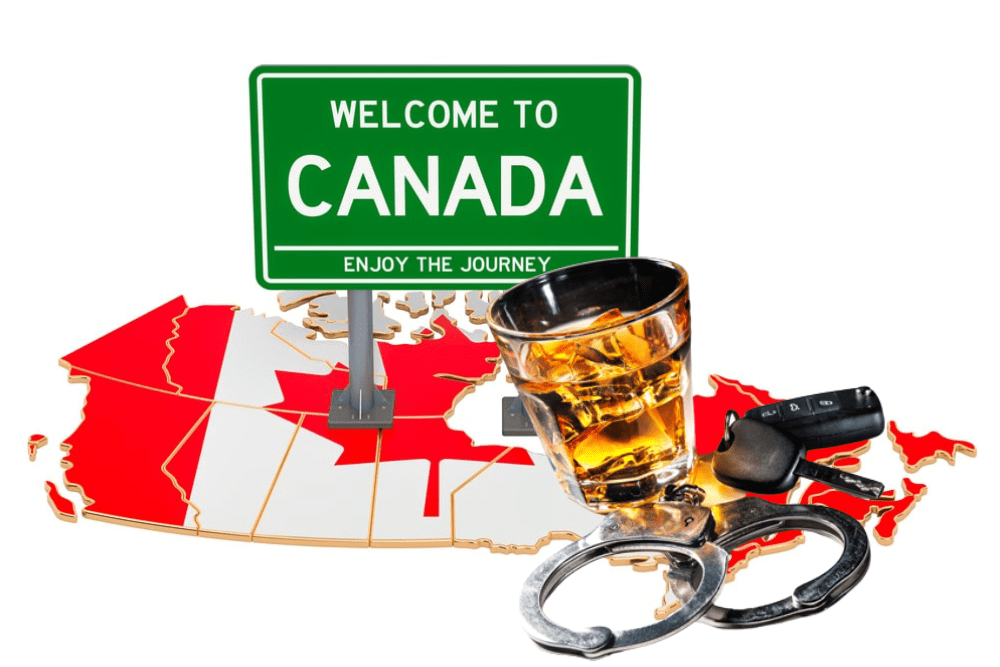
Last Updated: February 18, 2025 Between 11 and 15 million Americans visit Canada each year but you’re unlikely to contribute to those numbers in the future if you have an[...]
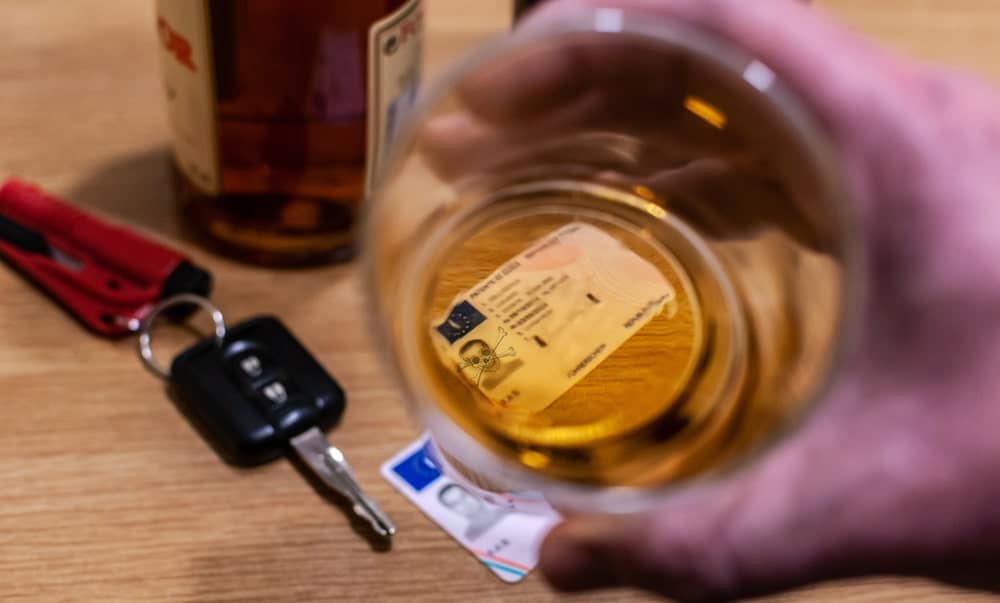
Restoring your driving privileges after an OUI in Southern Maine A charge for Operating Under the Influence (OUI) in Maine comes with a potential loss of driving privileges. But is[...]
